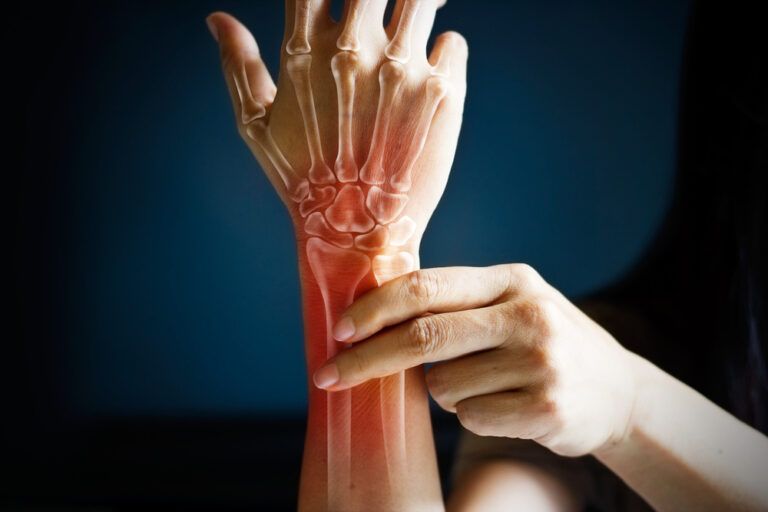What does it mean to have a flare when you have rheumatoid arthritis?

In the context of rheumatoid arthritis (RA), a flare refers to a sudden increase in disease activity and symptoms. It is characterized by a temporary exacerbation of joint inflammation and pain. Flares can vary in severity and duration and may involve multiple joints or specific areas of the body.
During a flare, individuals with RA may experience the following:
- Joint Pain and Swelling: The affected joints may become more painful, tender, and swollen. The pain can be constant or worsen with movement.
- Stiffness: Morning stiffness may be more prolonged and severe during a flare. It can affect multiple joints and typically lasts for longer than an hour.
- Fatigue: Flares can be accompanied by extreme fatigue and a general feeling of exhaustion, even with minimal physical activity.
- Reduced Functionality: Joint symptoms during a flare may limit mobility and make daily activities, such as walking, gripping objects, or dressing, more challenging.
- Systemic Symptoms: Some individuals may experience systemic symptoms during a flare, such as fever, loss of appetite, weight loss, or a general sense of feeling unwell.
It’s important to note that flares in RA can vary in frequency and intensity among individuals. They can be unpredictable and may occur despite adherence to treatment and self-care strategies.
Managing and minimizing flares typically involves a combination of medications prescribed by a healthcare professional, lifestyle modifications, and self-care strategies. These may include:
- Medications: Disease-modifying antirheumatic drugs (DMARDs), nonsteroidal anti-inflammatory drugs (NSAIDs), corticosteroids, or biologic agents may be prescribed to control inflammation and manage symptoms during a flare.
- Rest and Joint Protection: Resting and avoiding activities that exacerbate joint pain can help reduce inflammation and promote healing during a flare.
- Applying Heat or Cold: Applying warm compresses or using ice packs can help alleviate pain and reduce joint swelling during a flare. Experiment with both to determine which provides the most relief.
- Gentle Exercise: Engaging in gentle range-of-motion exercises or physical therapy during a flare can help maintain joint mobility and prevent stiffness.
- Stress Management: Stress can potentially trigger or worsen flares. Employing stress management techniques such as relaxation exercises, meditation, and deep breathing can be beneficial.
If you experience a flare or have concerns about managing your RA symptoms, it’s essential to consult with a healthcare professional or rheumatologist. They can provide personalized advice and adjust your treatment plan accordingly to help manage flares effectively.